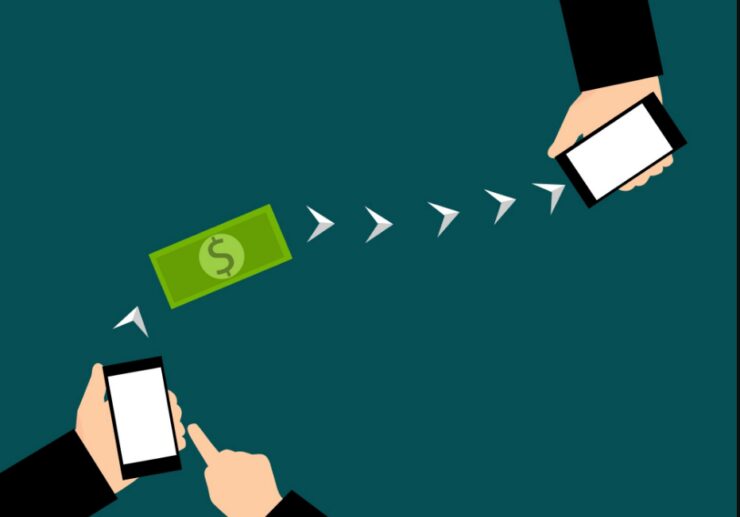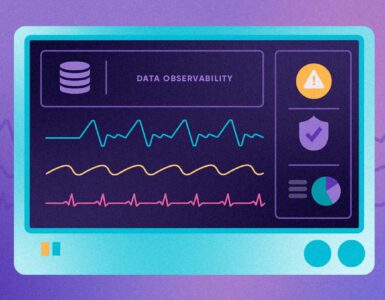Did you know that in 2018 there was over $64 billion transferred online throughout the world? Online money transfer is one of the most popular ways to facilitate transactions in today’s mobile world. It makes online shopping easier than ever, but money transfer service needs to be done right in order to ensure the safety of your money.
There are a number of online money transfer mistakes that people make that put their money in jeopardy. That is part of the risk that comes with transferring money online and transferring money overseas.
The good news is that you don’t have to repeat the mistakes that other people have made. You can learn from those mistakes and facilitate safe money transfers, and you’ve come to the right place to learn how to avoid those mistakes. Continue reading to learn about the seven most common money transfer mistakes.
1. Use Credit Cards for Online Shopping
A large majority of online theft and transfer fraud occurs when hackers and thieves steal credit card and debit card information. From there, they’ll use that card information to steal money directly out of your account. The most common place for hackers to get your card information is when you’re checking out online to make a purchase.
A good way to avoid this mistake is by using a credit card that provides great consumer protection against money transfer fraud. You won’t be held responsible for the fraud committed with your card by the people who stole your information if you have this protection.
Debit cards come with much more risk because most credit card companies make it difficult to recover your money when you’ve been the victim of a debit card scam. It is likely that you’ll be held liable for the entire amount of money that was stolen from you. A credit card is a much safer option to combat money transfer fraud.
2. Sign Out After Banking Sessions
In order to keep your money safe when you are trying to avoid online money transfer mistakes, it is important that you are vigilant about signing out of your account after an online banking session. Never forget to sign out prior to closing out of the app or the web browser.
Just in case you forget about signing out, there are programs like sd-wan that will help protect your financial information. If you’re using a public computer to access your online banking information a good strategy is to use an incognito window and check the box that will ensure that you don’t stay signed in.
3. Don’t Save Your Passwords
It is convenient and easy to save your passwords and login credentials but in order to prevent money transfer fraud, it is wise not to save that information. Most people save that information because it makes online shopping transactions quick and easy.
There is a risk to saving your passwords, especially if your laptop or mobile device falls into the wrong hands. Hackers will be able to access your username and password and gain access to your banking information as well as any credit or debit cards that you have saved on your device.
4. Use a Secure Internet Connection
Another good rule of thumb for avoiding online money transfer mistakes is to avoid using public wifi when making any online purchases or transferring money overseas. Use a secure internet connection that will keep your information and data safe.
Public wifi has far fewer security features when compared to a private wifi connection. If you don’t have access to a private internet connection, you’re better off using your cellular data than using public wifi. If it is an emergency situation then do everything you can to ensure that the public wifi is password protected and as soon as you’re done sign off as soon as possible.
5. Use Strong Passwords
Another big risk that you’re vulnerable to in today’s age is password theft. Hackers will steal passwords and it tends to lead to other serious crimes that they commit. A great way to strengthen your financial security and facilitate safe online money transfers is by using strong passwords that are difficult to guess or steal.
You should also try to use different passwords for different accounts. That way, if one password is stolen and falls into the wrong hands, your other accounts will still be safe. Use special symbols, unique characters, and a mix of upper and lowercase letters when making your passwords.
6. Use Firewalls and Antivirus Software
Firewalls are very useful when it comes to filtering and blocking cyber threats that put your financial and personal information at risk. It is a smart move to keep your firewall settings turned on as a way to stop malicious viruses.
You should also do everything you can to keep your antivirus software updated. That is the best way to stop malware attacks on your devices. If you encounter websites that your firewall blocks, avoid opening those websites because they’ll put your information at risk.
Make sure that you have antivirus software on your PC and phone since you are likely using both for online money transfers. Check out bestantivirus.com to read about antivirus software that is best suited for your devices.
7. Only Send Money to People You Know
It is always okay to send money to family and loved ones, especially in times of need. Unfortunately one of the biggest causes of online money transfer mistakes is sending money to people that you don’t know.
A lot of the scams that involve sending money to people you don’t know begin with emails congratulating you on winning a contest like a lottery. These are always scams and you need to avoid providing these people with your financial or banking information at all costs.
Now You’re Prepared To Prevent Online Money Transfer Mistakes
Online money transfer mistakes happen on a daily basis, but the good news is that there are steps you can take in order to learn from and prevent these mistakes from happening in the future. Using strong passwords and secure internet connections is a great way to keep your money and your information safe.
You should also be sure to use and keep updated your antivirus software and firewall. It is also smart to avoid saving your passwords since this makes it easier for hackers to gain access to your financial information.
For more helpful and informative articles on a range of topics, be sure to check out more of our website.




























